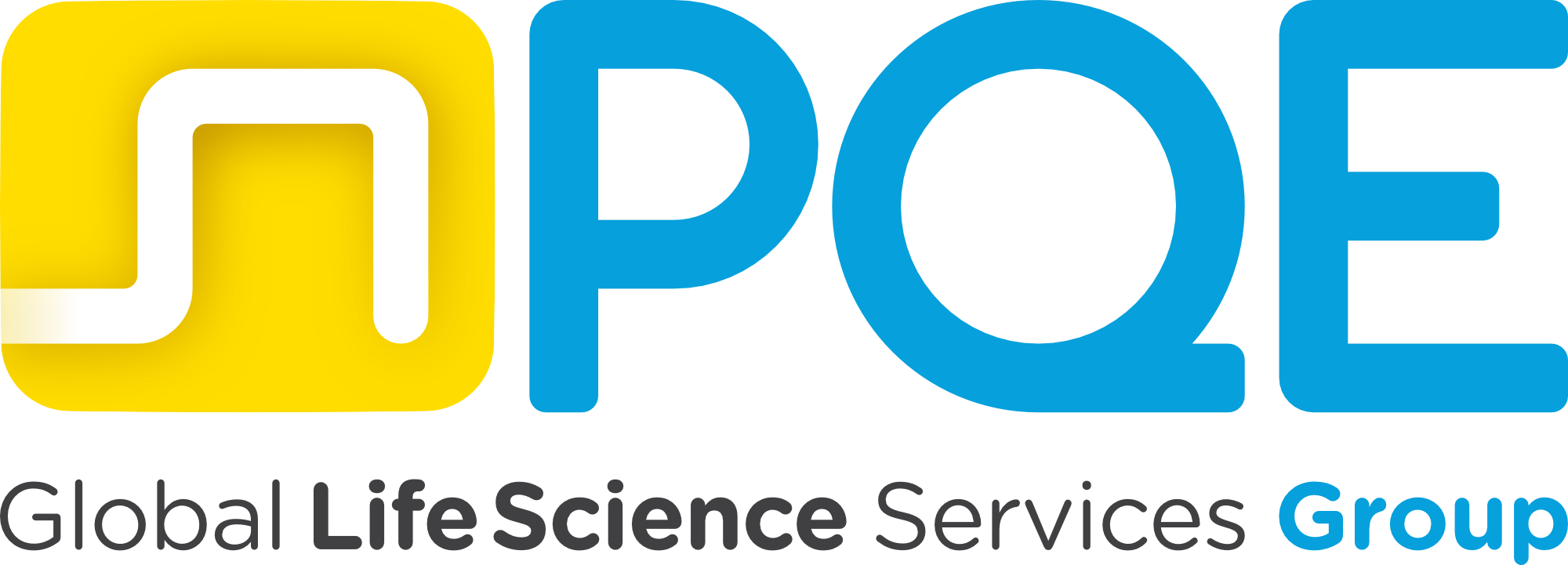Project Orbis was launched in 2019 by the FDA Oncology Center of Excellence (OCE); it was born with the goal to facilitate the review and approval of oncological medicinal products across multiple countries. Then, the scope of the application was extended to additional new active substances. Beyond the FDA, which acts as coordinator, this project currently involves the HAs of Australia (TGA), Canada (Health Canada), Singapore (HSA), Switzerland (Swissmedic) and Brazil (ANVISA). To be eligible for a project Orbis submission, each applicant must choose the FDA and at least one other Health Authority partner. Furthermore, there are clinical criteria to be met; indeed, the application should comply with the FDA priority review which requires that the applications for drugs that, if approved, would bring a significant improvement in the safety or effectiveness of the treatment, diagnosis, or prevention of serious conditions when compared to standard applications. From a technical perspective, the submission must be performed electronically in eCTD format, and an additional requirement is the use of the Assessment Aid document which is used as a core document for discussion among the FDA and the partner HAs involved.
For Project Orbis, there are three types of possible applications called Type A, B and C, which are defined on the basis of the submissions gap between the FDA and other HAs.
For Type A and B, the submission must be made within 30 days and three months, respectively, to all other HAs from the submission to the FDA, while Type C concerns applications which come after the FDA has made the regulatory decision to only share the assessments already performed with other HAs, with no concurrent evaluations to be performed.
In practical terms, for Type A and B Orbis, the FDA schedules and coordinates meetings with other HAs and discusses the review strategy with them. For type B Orbis, the extent of the meeting critically depends on the entry timeline of the other HAs into the project so a concurrent review is possible only in some cases. For Type C Orbis, no meeting is possible since the FDA has already completed the assessment and the only action which can be taken is the sharing of the FDA reviews.
The Access Consortium and the all-encompassing approach promoted by MHRA.
With the same goal in mind but taking a wider approach, the Access Consortium is another collaborative project launched by a group of HAs coordinated by MHRA. Indeed, the general scope is to enhance the work-sharing initiatives through Access HAs partners, not only for marketing authorization applications but also for the entire medicinal product lifecycle activities. It currently involves, beyond MHRA, the HAs of Australia (TGA), Canada (Health Canada), Singapore (HSA), and Switzerland (Swissmedic).
Currently the Access Consortium is structured in different specific working groups, each specialized in the field of New Active Substances, Generic Medicines, Biosimilars, Complementary Health Products, Collaboration on International Council for Harmonization (ICH), or IT Architecture.
Considering the initiatives related to the marketing application, three different applications can be filed within Access Consortium: The New Active Substance Work Sharing Initiative (NASWSI), The Biosimilar Work Sharing Initiative (BSWSI) and the Generic Medicines Work Sharing Initiative. In all cases, the applicant must notify Access Consortium within three to six months before the submission to the selected HAs through an expression of interest (EoI) form. Then, the submission should be performed in each country involved in the program. The Reference Regulatory Agency (RRA) will perform a full review of the submission package while the Concerned Regulatory Agencies (CRAs) perform a peer review of the RRA assessment and raise further questions to be assessed by the applicant. Finally, each Agency involved issues their own decision, based on the final assessment report, independently.
Are we really jumping into a new regulatory era? The route is marked but the story is yet to be written.
Considering these directions and the boost provided by lessons learned from Covid-19, the efforts put in place by Regulatory Authorities are considerably directed to the enhancement of global evaluations programs, which could become a new landmark for authorization paths of new therapies. These will also denote changes for companies and will indicate a new concept for regulatory submission strategies and management, at the same time creating the need to adapt the management of the product development, clinical trial and approach to the Authorities’ review, primarily to reduce the approval timeframe and the duplication of Authorities’ assessments. The result will definitely provide a patient-oriented benefit since it will give them faster access to innovative therapies. Some constraints, mainly related to the post authorization steps in single countries, are still present today however, this global approach is now in place and can be considered a milestone of the Regulatory Affairs evolution path as well as a step into the new Regulatory Affairs normalcy.





